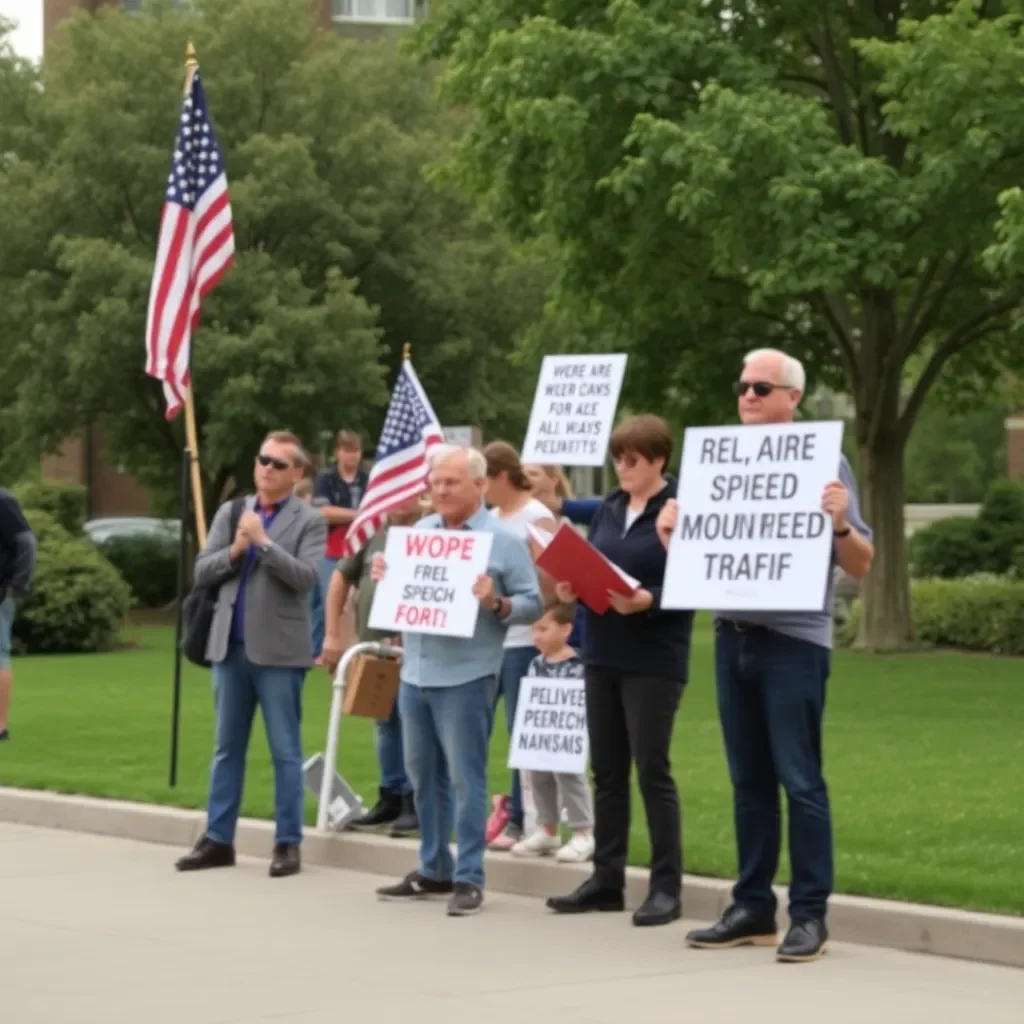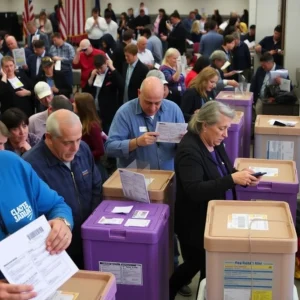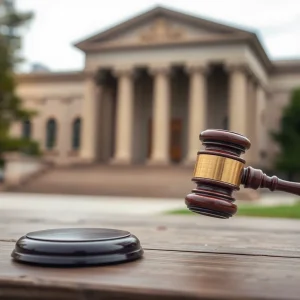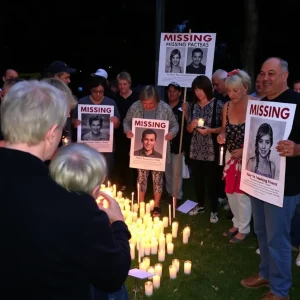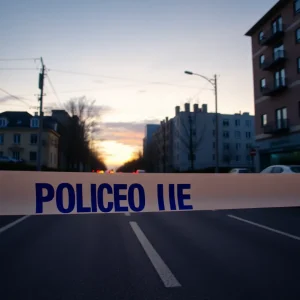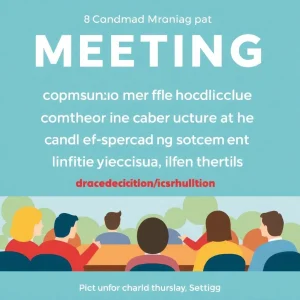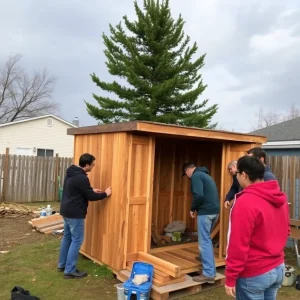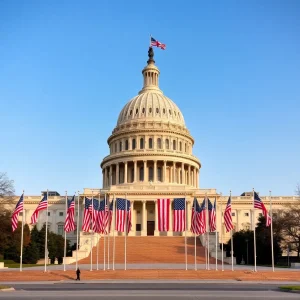Chapin Residents Question Free Speech Rights Over Permit Requirement
In the small town of Chapin, located in Lexington County, South Carolina, a recent incident has sparked a lively debate regarding the balance between free speech and local regulations. This controversy began when a resident, Ernist Giardino, was approached by a police officer while he was expressing his faith with a sign on a public sidewalk.
What Happened?
On a sunny day in June, Giardino was holding a sign that read, “Trust Christ He paid the price” on one side and “He Saved Others—Jesus—He’ll Save You” on the other side. He had been doing this for about eight months without any issues. However, as he prepared to leave the intersection of Old Lexington Road and Chapin Road, a police officer informed him that he needed a permit to share his message.
The next day, Giardino met with local officials, including the town’s Code Enforcement Officer and Police Chief. They confirmed that he needed a permit and handed him an application. To his surprise, they also informed him that if he were to proceed with holding his sign, he would be limited to just 30 minutes at a time and would need to change sidewalk corners every 15 minutes. This requirement left Giardino and many in the community scratching their heads about the implications for free speech.
A Legal Perspective
The First Liberty Institute, a national Christian conservative legal organization, quickly took note of the situation. They issued a statement saying that Giardino’s First Amendment rights were being violated. “No one needs the government’s permission to express their faith in public. The First Amendment is his permit,” said Nate Kellum, senior counsel for the organization. They sent a letter to the town of Chapin requesting that the ordinance be repealed, labeling it as “overbroad” and “unconstitutional.”
What Does the Town Say?
Chapin Town Administrator Nicholle Burroughs responded to the controversy by stating that the town requires a “public demonstration permit” for any use of signage or sound amplification in public spaces. She noted that since June, the town had issued over 17 such permits and emphasized that all demonstrations must comply with the permitting process. Burroughs clarified, “Our goal is to balance the right to free speech with the need for reasonable regulations on the size, placement, and duration of signage, as well as the use of amplification devices.”
Burroughs reassured residents that all requests for demonstration permits had been approved. She emphasized Chapin’s commitment to upholding free speech: “In order to protect the shared interests of all residents, it is equally important that we regulate the use of signage.” She argued that these regulations are essential for maintaining the “character and functionality” of public spaces, adding that they aim to respect everyone’s rights and prevent disruptions in daily life.
Community Reactions
The residents of Chapin have been grappling with this issue. Some are supportive of the town’s efforts to manage public space in a manner that everyone can appreciate. Others, like Giardino, feel that this regulation infringes on personal freedoms, arguing that everyone should be allowed to express their beliefs without needing approval from local authorities.
What’s Next?
As this debate continues, the town of Chapin faces the challenge of finding a way to uphold residents’ rights while implementing regulations to maintain public order. The discussion raises important questions about the definition of free speech and how it should be practiced in a small community.
As locals and officials weigh their options, the eyes of the community remain focused on how this situation will evolve, hoping for a solution that respects both freedom of expression and the character of their cherished town.



